All Stars cricket
All Stars Cricket will soon be starting their cricket programme at local clubs. Register and find out more on their website.

Big Pedal – our best day so far!
Today, we’ve recorded the highest number of active journeys by bike and scooter for the Big Pedal – 64 pupils (30%).
It would be great to increase these figures for the last few days of the Big Pedal.
After-school clubs update
We’ve had a great response to our summer term after-school clubs with a number of the clubs already full.
There are the following places available so please contact the office if your child would like to join.
- Tuesday: 1 place netball Year 3-6
- Thursday: 1 place skipping Year 2-6
- Thursday: 1 place multi-sports Year 3-6
After-school clubs
We’ve had a great start to our summer term after-school clubs with Wake up Shake up Club and Scooter Club taking place tonight.
If your child is coming to Scooter Club, please ensure they bring their scooter and helmet every Monday.

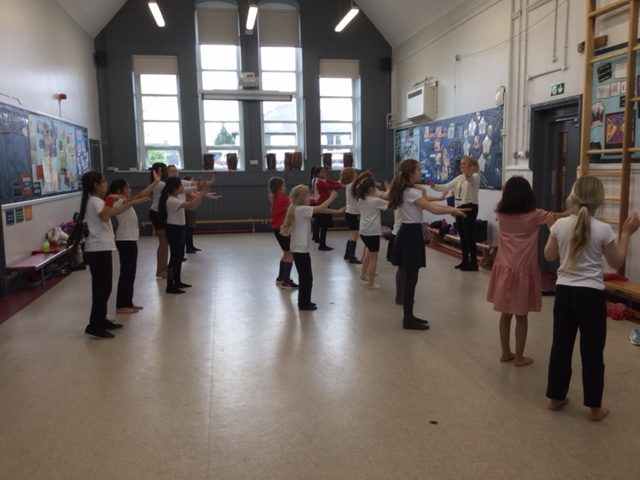
Big Pedal
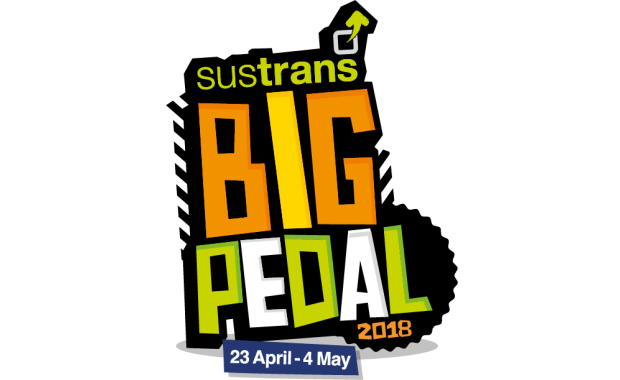
- We’ve had 179 journeys recorded by bike or scooter so far.
- Wednesday 25 April was our highest participation rate with 28% of children taking part.
We’d love to improve these figures for this week.

Living and Learning – Emotions
This week, we’ve been exploring and discussing our own feelings and emotions and those of others. We discussed that we need to be able to recognise, name and manage our own feelings.
Emotions are a natural, important and healthy part of being human. The children named lots of varying emotions and the effect they can have on our bodies. We thought about some strategies to help us to learn how to manage the effects of strong feelings such as anger, sadness or loss.
I was really impressed that some children wanted to ask their peers for advice on how to deal with certain emotions.
- “I’d like some advice on how to stay calm.”
- “Have you tried going to a quiet place or counting to help calm you down?”
- “I’d like some advice on how to stop getting upset so easily.”
- “Maybe think whether or not it’s worth getting upset about. Talk to a friend or take deep breaths if you feel yourself getting upset.”
DON’T BOTTLE IT UP!
Following this lesson, we thought about colours and how they can represent mood and emotion. Using a colour chart, the children thought of an emotion and then had to find synonyms for it. It was amazing how many new words we found. “I’ve learnt the word livid today.”
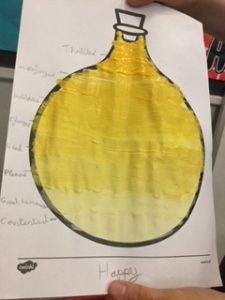
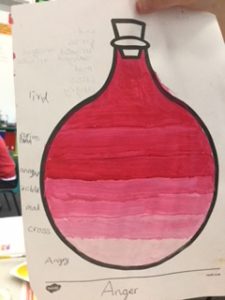
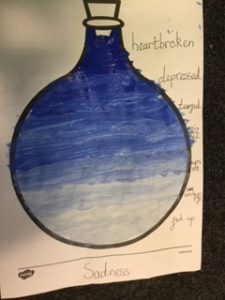
After that, we thought about making some shades of the same colour to represent our chosen emotion. Using a bottle as a base, the children began to shade lightly and then, as they got higher up the bottle, the colour of the chosen emotion intensified.
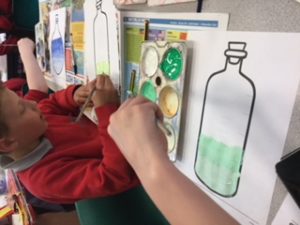
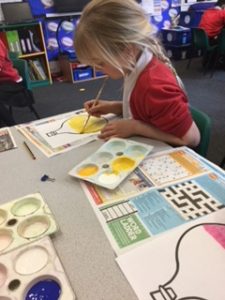
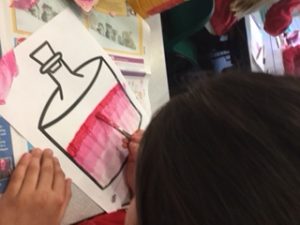
At the end of our lesson we discussed the phrase ‘Don’t bottle things up.’
This was our definition – To contain or hold feelings in, especially emotions, and not express or reveal them: If you keep bottling up what you’re thinking, we’ll never be able to help you. I was angry, but I bottled my feelings up.
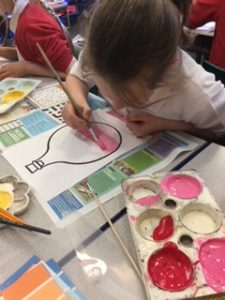
Do you need wheels for the Big Pedal?

Big Pedal Day 3
MORE PRIZES announced for The Big Pedal!

Shapes in the sun
Last week, we took full advantage of the lovely weather and took our maths lesson outside.
End of year 4 expectations for geometry and shape are that children can:
- compare and classify geometric shapes, including quadrilaterals and triangles, based on their properties and sizes
- identify acute and obtuse angles and compare and order angles up to two right angles by size
- identify lines of symmetry in 2-D shapes presented in different orientations
- complete a simple symmetric figure with respect to a specific line of symmetry
We focused on comparing and classifying 2D shapes. After discussing all the properties of various shapes, the children set to work on grouping them. It was great to see the class remember various ways of sorting from our previous topic
.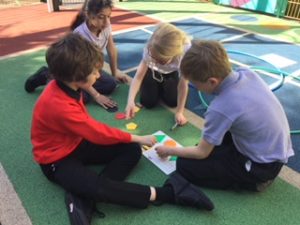
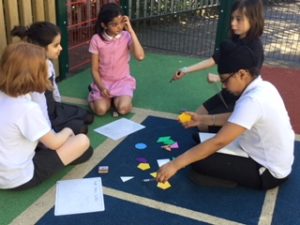
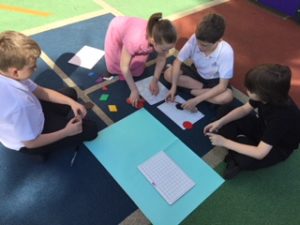
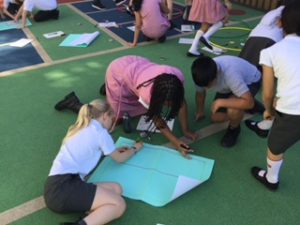
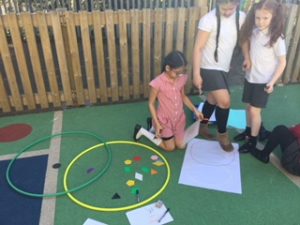
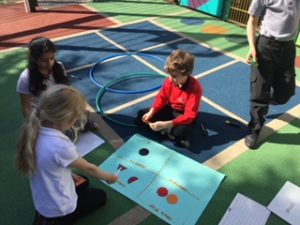
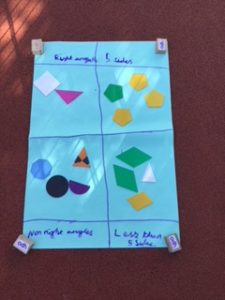
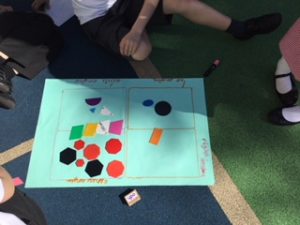
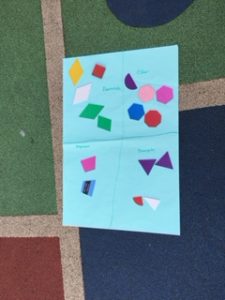
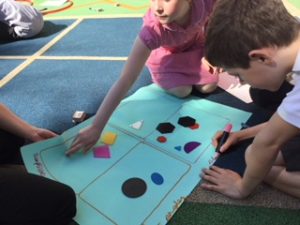
School dinner consultation
Thank you to all parents and carers who provided feedback on the recent school dinner consultation of meal choices for the September menu.
Catering Leeds, our school meal provider, can offer an alternate jacket potato and sandwich option alongside the meat and vegetarian daily option and we welcomed your feedback on whether this would work for you and your child(ren).
There were a number of parents/carers who were interested to try this option but the majority of responses expressed an interest to keep the options as they currently are. The main feedback was for children to have a hot meal for their school meal rather than a sandwich.
As a result of this, we will continue with the existing daily meat, vegetarian and jacket potato option.
The September menu is currently in the planning stages and we have liaised with Catering Leeds to ensure the menu is tailored to our children’s preferences, while still meeting the national school food criteria. Once finalised, this new menu will be made available to parents/carers at the end of the summer term.
Our current menu can be viewed in the Health section and is displayed around school.
Thank you once again for your feedback on our school meals.